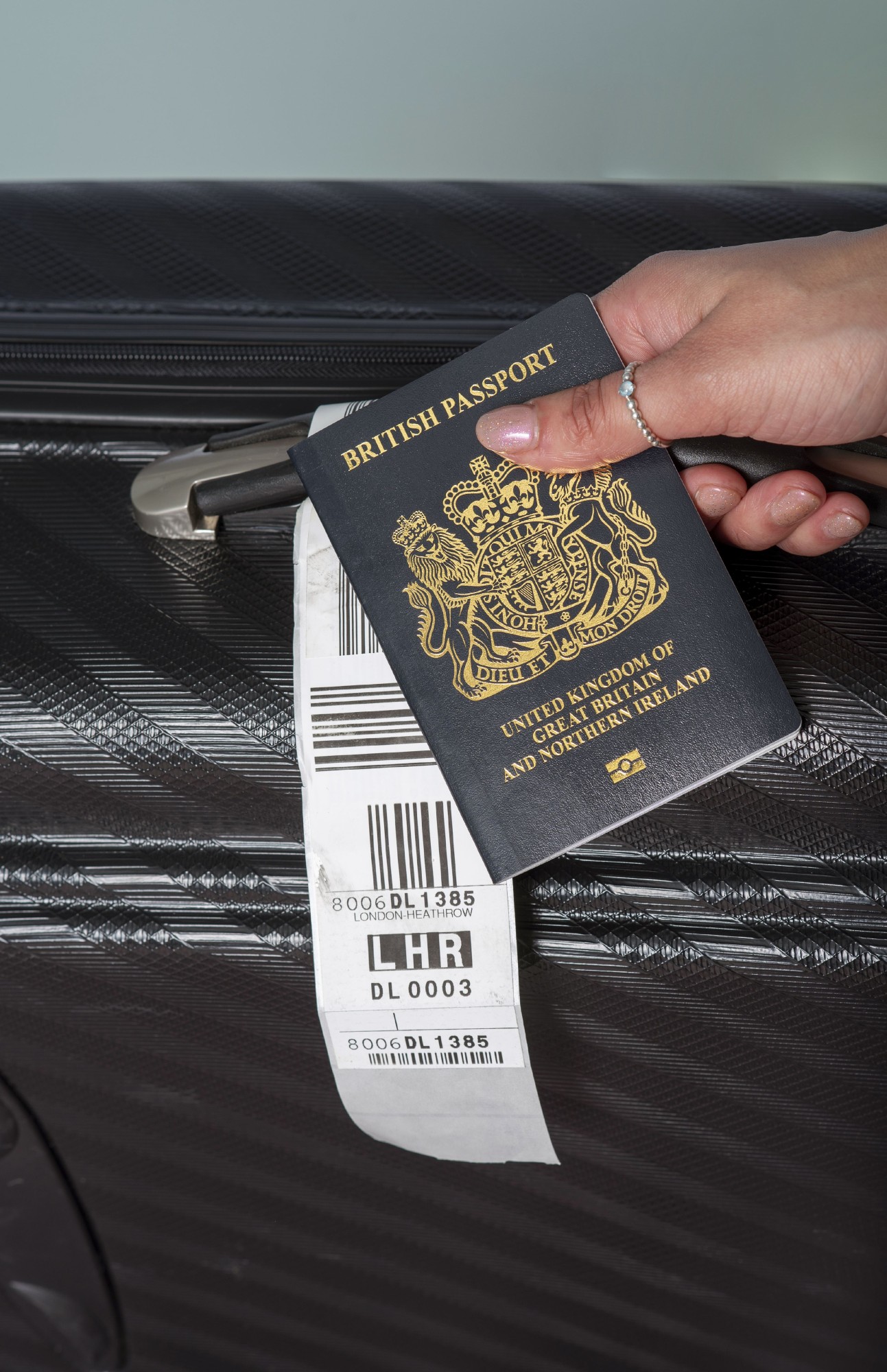
The average household energy bill has just fallen by the equivalent of £238 a year. Fixed deals are beginning to make a return to the market, but should you get one?
Energy regulator Ofgem has set the new price cap for April to June 2024. During that time, the average household can expect to pay £1,690 a year, down from £1,928 previously.
Fixed energy deals are slowly returning to the market but the energy regulator has warned households to think before they fix.
“Prices are still unpredictable and signing up to a fixed rate now might mean you miss out if prices fall in the future,” Ofgem said last year. Analysts a Cornwall Insight have predicted energy prices will continue to fall over the course of 2024.
In this article, we explain:
- What is a fixed energy deal?
- Should I switch to a fixed-rate energy deal?
- Will I be charged exit fees to leave my fixed energy deal?
- Can my energy supplier increase my direct debits on a fixed deal?
Read more: How will the new energy price cap affect me?
This article contains affiliate links that can earn us revenue.*
What is a fixed energy deal?
A fixed energy deal – or fixed price energy tariff – means the what you pay for each unit of gas electricity that you use will stay the same for the length of the contract. It does not fix the total bill that you pay each month – if you use more energy, you will pay more.
Most fixed deals last for between one and two years. If during that time your supplier announces a price rise, you will be unaffected until the end of the deal.
You can sign up to a dual fuel energy deal where both your gas and electricity are supplied by the same company. Or you can have one fixed deal for gas and a separate one for electricity.
Your direct debit payments tend to remain same throughout your contract. The idea is that you build up credit on your account during the warmer months and use this up when you consume more energy during the winter.
If you’re not on a fixed energy deal then you will probably be on your supplier’s default rate, which is known as a standard variable tariff. The default tariff is governed by movements in the energy price cap.
Explore money-saving tips for your home

Do you know overfilling your fridge bumps up your energy bill? Or do you know fitting in new insulation in your home can save you thousands of pounds?
Explore countless energy and money saving tips for your home with Domestic & General.
What is the energy price cap?
The energy price cap sets a maximum price that customers who are on their supplier’s default tariff can be charged for each kilowatt hour (kWh) of energy they use.
The idea was to stop consumers who did not switch to a fixed deal from being ripped off with big price hikes. It is reviewed by the regulator Ofgem every three months.
Due to soaring wholesale energy prices pushing up the price of the cap, the government stepped in last autumn with the energy price guarantee. This set our bills at £2,500 until July 2023.
The guarantee was still in place last month, after being set at £3000 until March 2024, but Ofgem’s price cap has been lower than it for months due to falling wholesale prices and is therefore being used by suppliers.
The price cap is now set at £1,690 for the average household – a 12.3% decrease from the start of the year.
But wholesale prices are still unpredictable. So the question now is whether it is worth trying to lock in a price now.
Should I switch to a fixed energy deal?
In more normal times, the top tip for saving money would be to switch to a fixed-rate energy deal.
Prices for fixed energy deals used to be a lot lower than the providers’ standard tariff.
When wholesale energy costs started to rise at the end of 2021, fixed energy deals became more expensive until finally they disappeared altogether.
Wholesale costs have started to fall and a handful of fixed deals have come onto the market.
While most of the deals are reserved for existing customers, there are a few that are available to new customers too, including from British Gas, EDF and So Energy.
The small number of fixed deals that are available are unlikely to save you much money. But you need to do the maths and work out if you will actually save money in the long run.
Even if the cost is slightly higher than the default tariff, you might value the certainty about how much you will be paying each month.
At the moment, it’s a guessing game, as we do not know what will happen with energy prices. But you might want to wait to see if prices continue to fall. Suppliers might become more confident to introduce a greater number of fixed deals at competitive rates later on.
It is worth contacting your energy supplier to see what’s available and setting up alerts for when fixed deals come on to the market.
Many deals have a short shelf-life so you usually need to make a quick decision if you want to lock in a fixed tariff.
Will energy prices continue to fall?
Ofgem’s energy price cap is reviewed every three months and in April it fell by 12.3%.
The cap is expected to rise again in July before rising slightly in October, according to energy research company Cornwall Insight.
But there is no certainty at the moment about the future direction of energy prices.
Read more: Energy price cap: Will energy bills fall?
Do I have to pay exit fees on a fixed tariff?
If you have opted for a fixed deal then you have 14 days after signing up to cancel your contract without paying a penalty.
You might have to pay an exit fee if you want to leave your contract early after the ‘cooling off’ period has passed, but it will depend on your provider.
Make sure you check before closing your account because these fees can be expensive. For example, the energy provider Outfox the Market has been known to charge up to £600 to leave a contract early. With other suppliers, exit fees of £150 to £200 are common.
Check out more ways to lower the cost of your household bills.
What are the benefits of a fixed energy tariff?
Many people might not benefit from locking in a fixed-rate energy tariff right now. However, it’s worth keeping an eye on the market for when cheaper fixed-rate deals return.
Here are the benefits of fixed-rate deals:
- They are usually cheaper than the default tariff, though not at the moment.
- Your payments are predictable which makes it easier to budget. Bear in mind that you tend to be in credit with your energy supplier during the summer when your energy usage is low and use that credit up during the winter.
If you’re struggling to find a cheap fixed price energy deal, here’s how you can cut your energy bills.
How to find the best energy deals
Before the dramatic increase in the energy price cap, you could cut the cost of your energy bill by switching to a cheaper fixed tariff.
You could find these on comparison sites such as MoneySuperMarket or Uswitch*.
However, there aren’t many deals on the market for new customers. You also might not be able to save money by switching.
Some providers are offering better deals for existing customers so it could be worth speaking to your existing supplier.
My energy provider has increased my direct debit payments — what can I do about it?
If your payments have ballooned and it seems above and beyond what you were expecting, take a close look at your energy bill to try and understand why it has increased:
- Has the unit rate for electricity or gas increased substantially?
- Has your provider over-estimated your energy usage?
- What about the standing charge? (this is the daily fee you pay regardless of the amount of energy you use)
Your energy supplier should outline the costs for you, but if you still can’t wrap your head around why it has increased, contact them to ask for clarification.
Find out if there are any other tariffs for existing customers that might be worth considering.
It is always a good idea to take meter readings on a regular basis. Take photos too so you’ve got evidence to send to your supplier if they ask.
Read more: Is my energy supplier allowed to increase my direct debit payments?
Even if you can’t save money by switching energy deals at the moment, read our article how to save money on your energy bill for other ways to cut the cost.
*All products, brands or properties mentioned in this article are selected by our writers and editors based on first-hand experience or customer feedback, and are of a standard that we believe our readers expect. This article contains links from which we can earn revenue. This revenue helps us to support the content of this website and to continue to invest in our award-winning journalism. For more, see How we make our money and Editorial promise.
Important information
Some of the products promoted are from our affiliate partners from whom we receive compensation. While we aim to feature some of the best products available, we cannot review every product on the market.



